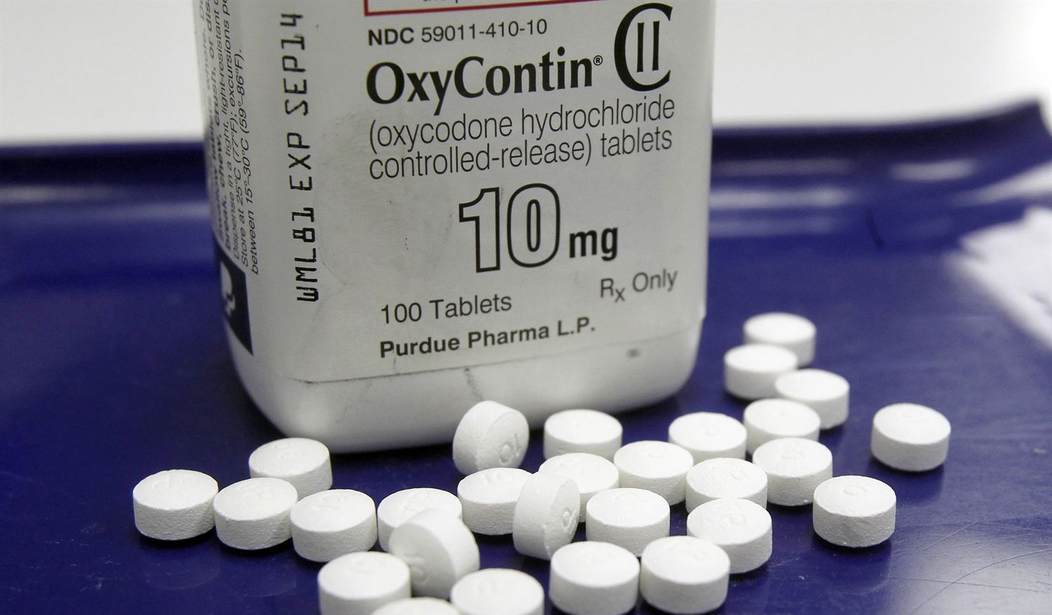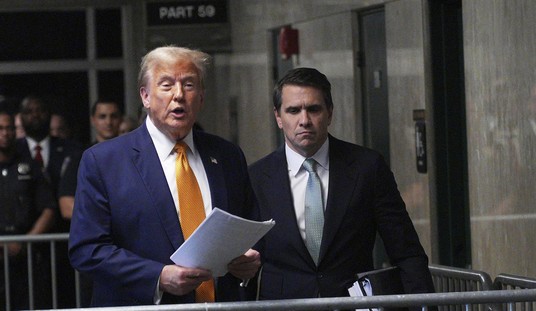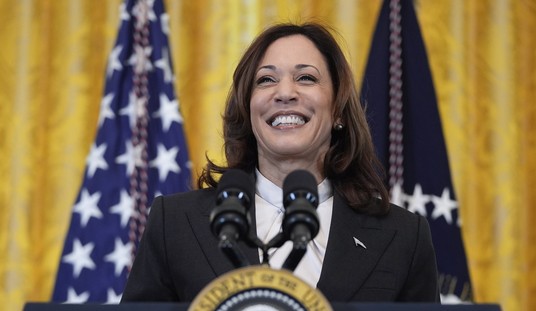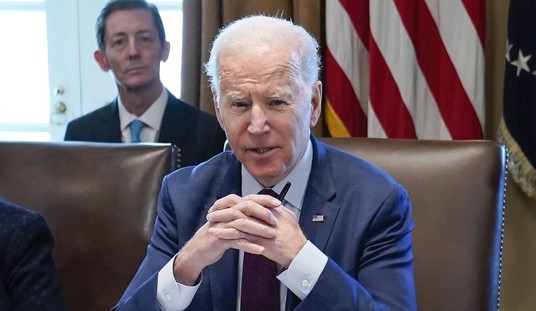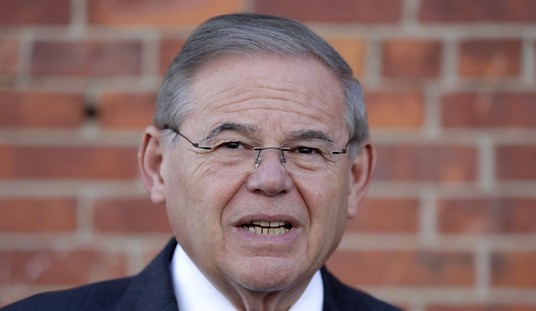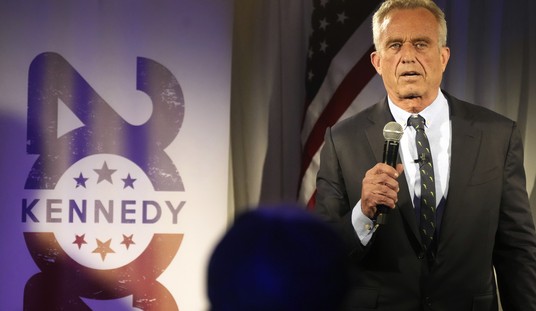There have been a lot of pixels spilled lately on the topic of pharmaceutical prices. There have also been some very intrusive attempts by Congress to address those prices with price controls. On a very superficial level, price controls sound like a good idea. From “anti-gouging” laws in civil emergencies to attempts to rein in the rising prices of commodities like gasoline, government-imposed price controls generally have a lot of popular support when people are faced with suddenly rising prices.
The problem is that price controls almost always end up making matters worse. Why? Supply and demand. Issues & Insights guest contributor Sally C. Pipes lays it out.
It’s been less than a year since Democrats enacted the Inflation Reduction Act, which gives Medicare the power to set the prices of certain medicines.
Those price controls have yet to go into effect. But Democrats already want more. They’ve introduced new legislation that would amp up those price controls — and even permit the government to refuse to cover drugs in order to drive a harder bargain with pharmaceutical companies.
As for the patients who would benefit from those drugs — or may even need them to stay alive? They may end up being collateral damage.
The Democrats’ new price control gambit is the SMART Prices Act, introduced by Sens. Amy Klobuchar, D-Minn., Peter Welch, D-Vt., and 23 of their colleagues. They say their bill would “build on” the IRA.
That law, which President Biden signed last August, subjects 10 medicines to price controls under Medicare in January 2026. The government will set the prices for 15 more in 2027, another 15 in 2028, and 20 more per year in 2029 and beyond.
The SMART Prices Act would take things even further. It would empower Medicare to set prices for 20 drugs in 2026, instead of the current 10 under the IRA. In 2027, that number would jump to 40 — many more than the IRA stipulated.
The immediate effect on the market involves the generic market. Once a brand name drug’s patent has expired, which can take up to twenty years, the drug can then be produced by generics manufacturers, who do not have (sometimes) billions in research and development costs to recoup and can therefore sell at a lower price, making up the revenue on volume — and delivering pharmaceuticals at a lower cost to the consumer. But the Democrats’ proposed price controls would hamper that:
This provision would gut the generics industry. Generic firms face substantial upfront costs. They must create medicines that are bioequivalent to the innovative branded drugs they’re copying. And they have to build facilities in which to manufacture them.
They recapture those investments by underpricing their wares relative to branded drugs and capturing a small margin on each sale. Patients, of course, benefit from those lower prices.
But if Washington sets a rock-bottom price on a brand-name drug, there will be no incentive for a generics manufacturer to enter the market.
In other words, shutting down part or all of the generics manufacturers reduces competition and increases prices. That’s how it worked in the Seventies with gasoline, and that’s how it works with any product, including pharmaceuticals. This is Supply and Demand 101: Government interference with markets reduces supply; demand for pharmaceuticals is pretty fixed, so prices are, necessarily, going to go up — or supply is going to go down. That latter is what happened with gasoline in the Seventies (I remember very clearly gasoline going from $.59 a gallon to over a dollar within a few months), and that is what will happen if Congressional Democrats continue despoiling open markets.
Markets aren’t perfect, but given a little time, usually get things right. Government, on the other hand, seems only able to mess things up, often just due to cussed shortsightedness.
Some of us (fewer every year, it seems) are old enough to remember President Nixon’s price control schemes. They failed, and badly, leading to runaway inflation and fuel shortages, among other things. Congressional Democrats’ attempts to put artificial controls on drug prices will fail as well. The old saying about the definition of insanity applies.

